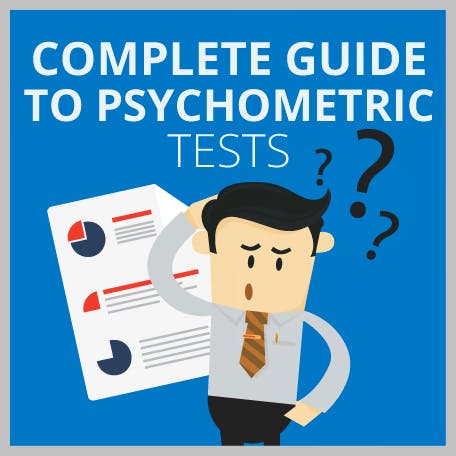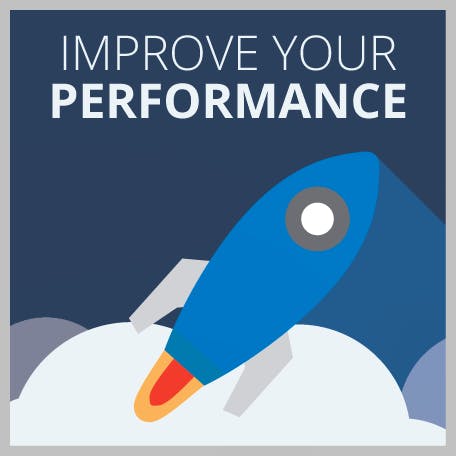What Is A Pymetrics Test? (2026 Guide)
Updated November 3, 2024
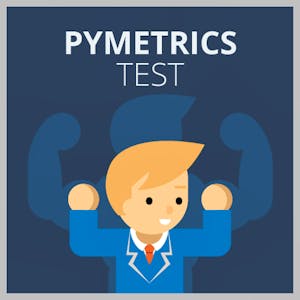
- What Is a Pymetric Test?
- A List of Pymetrics Tests Available for Practice in 2025
empty
empty
- Who Uses the Pymetric Games?
empty
empty
- The Core 12 Pymetric Games
empty
empty
empty
empty
empty
empty
empty
empty
empty
empty
empty
empty
- Pymetric Numerical and Logical Reasoning Tests
- How to Prepare for Pymetric Assessment?
- What Happens after the Pymetrics Test?
- Frequently Asked Questions
- Final Thoughts

Pymetrics tests identify specific behavioral characteristics and traits.
This article examines why pymetrics tests are used and what to expect in your assessment.
Tips are included to help you get the best results.
What Does the Pymetrics Assessment Test?
Pymetric tests are designed to test a range of behavioral, social and cognitive traits.
They assess around 90 different traits split between nine categories.
These categories are:
- Attention
- Learning
- Risk-taking
- Effort
- Focus
- Decision-making
- Generosity
- Emotion
- Fairness
The tests were developed by Pymetrics, a New York-based company, in 2013.
How Do They Test a Person’s Behavioral Traits?
The core test contains 12 mini games. Each game takes between one to three minutes to complete.
The total assessment lasts an average of 25 to 30 minutes.
The games-based assessment is designed to be enjoyable. This helps encourage participation as it feels less formal.
Who Uses the Pymetric Games?
Pymetrics tests are a popular tool used as part of the hiring process.
They give hiring managers additional information about candidates' soft skills.
The results can be used alongside a resume to provide a wider picture.
Many organizations, including large financial and consulting firms, use a pymetric assessment as part of their application pathways. One example is the UPS Pymetrics Assessment.
Organizations sample current employees’ attributes. The personas generated from this are used as a benchmark to assess and compare new applicants.
The tests can be tailored for different organizations and/or roles.
What Companies Use Pymetric Tests?
Some companies who use pymetrics tests are:
- JP Morgan
- PwC
- Boston Consulting Group
- McDonald's
- Accenture
- Kraft Heinz
- UPS
- AstraZeneca
Why are Pymetrics Tests Useful?
A pymetrics assessment is free from bias because it measures a candidate’s skills and personality traits objectively.
Personal information such as educational background and work history is not required.
This means that test results are fair. The resulting selection process contributes to a diverse workforce.
The results indicate potential future performance. This means predictions can be made about a candidate's suitability for a specific role.
For example, a role in the financial sector requires candidates with excellent attention skills.
The hospitality industry, however, values generosity and emotional intelligence.
Pymetrics assessments discover a candidate’s strengths and weaknesses. The results are then used to match them with suitable roles.
The Core 12 Pymetric Games
The core pymetrics assessment uses 12 games. Each game is designed to test a different attribute or trait.
Before the game, a set of instructions is provided. The games take between one and three minutes to complete after the ‘start’ button is pressed.
Arrows Game
The pymetrics arrows game tests the learning trait. A candidate is shown an image of colored arrows. These sets of arrows point in different directions.
The aim is to press the correct corresponding arrow key on your keyboard.
When shown a set of blue or black arrows, it should match the middle arrows in the picture.
When shown a set of red arrows, it should match the arrows at the side.
There are a total of 135 sets of arrows to match.
It is important to maintain good focus and concentration throughout.
Balloon Game
The pymetrics balloon game assesses the learning and risk-taking traits.
In this mini game; you are presented with a series of 39 different colored balloons. The aim is to inflate the balloon to win money. If the balloon bursts, the total gained is lost.
Each time the balloon is inflated, you earn $0.05. You must decide whether to keep inflating or take the money before it pops.
This game reveals how impulsive or cautious a player is.
Cards Game
Another game that focuses on risk-taking is the pymetrics card game.
Players are given a $2,000 loan. The aim of the game is to select cards and gain the most money.
There are four decks of cards to choose from. Each card selected will either increase or decrease the amount.
This game requires focused attention and the ability to spot patterns.
Digits Memory Game
In this game, players must recall sequences of numbers.
Single digits will flash on the screen. These need to be inputted on the keypad at the end of the sequence.
The game automatically adjusts the number of digits in the sequence.
When inputted correctly, the next sequence is increased. When inputted incorrectly the next sequence contains one less digit.
Players are asked to use their memory recall instead of writing answers to refer to.
The game ends after three wrong answers are inputted.
Faces Game
This game assesses emotional traits. The results indicate a candidate's emotional intelligence (EQ).
During the game, players are presented with a series of faces.
Some of these faces are accompanied by a short story detailing a situation.
It is important to look carefully at the person’s expression and read any information carefully.
There is a list of ten emotions to choose from. When the correct emotion is selected, players are rewarded.
The results of the faces game show the player’s ability to perceive and interpret facial expressions.
Hard or Easy Task Game
The aim of this game is to win as much money as possible.
Players choose between the hard or easy task after reading their chances of winning.
The hard task is to press a key 60 times in 72 seconds.
The easy task is pressing a key five times in three seconds.
This game assesses a player’s effort trait.
It gauges how much effort a person is willing to put into achieving a reward.
Keypress Game
The keypress game is the most straightforward.
The aim is to press a key as many times as possible in a given time.
At the start of the game, a timer is displayed on the screen.
A key must be pressed repeatedly for the duration of the timer.
This game assesses a participant’s level of effort and how fast they process.
Lengths Game
Another mini game that assesses the learning trait is the lengths game.
In this activity, players are shown two images in succession.
The aim of the game is to decide whether the length in the second image is bigger or smaller.
The difference between the lengths is minuscule. So this game requires focus and concentration.
Money Exchange Game One
This game assesses a player’s perception of fairness and generosity.
The participant receives $10 in funds. They must decide how much of this amount to transfer to another player.
After sending the chosen amount, the other player will return an amount.
The player then states how fair they believe the other person to be using a scale.
It is advisable to send a portion of the $10 rather than the whole amount or nothing at all.
Money Exchange Game Two
Another mini game that assesses fairness and trust is money exchange game two.
In this version, the player and a computer player are given $5.
One player is then awarded an additional $5.
They are asked if they want to take money from the other player, or transfer some money to them.
This game focuses on the personality trait of altruism.
Stop One Game
This game presents the player with a series of shapes.
You are asked to press ‘stop’ when you see a certain colored shape.
This is a mentally challenging game that is designed to measure attention and reaction times.
The ability to remain focused whilst under pressure is being tested.
Tower Game
This game requires players to reorganize a tower to match the tower presented on screen.
One ring of the tower can be moved at a time. It is similar to the popular towers of the Hanoi game.
It requires forward planning and strategy to succeed.
The game gives you the option to undo a move or restart from the beginning.
Pymetric Numerical and Logical Reasoning Tests
These additional pymetrics games assess numerical agility and quantitative reasoning.
There are four games that take an average of seven to 10 minutes to complete.
They are used to gain a deeper understanding of a candidate’s technical abilities.
Questions are based on the interpretation of graphs and data.
How to Prepare for Pymetric Assessment?
Step 1. Practice Similar Games
Utilizing Pymetrics game practice and pymetrics test samples helps develop the skills needed in the pymetrics test.
Brain-training games online and apps familiarize you with the type of questions.
Some recommended ones include:
Practicing these regularly helps improve focus and attention ability.
Step 2. Research Key Skills
The pymetrics test assesses soft skills. The importance of different skills varies between companies and roles.
Research the soft skills that are valued by the company.
This can be done by reading the company website and their social media.
The person specification also shows you which skills are required for the job.
Compare these attributes with the nine pymetrics categories.
Decide which traits would be useful to develop.
Step 3. Be Authentic
Knowing which traits a company values doesn’t mean you should adapt your answers if they aren't true reflections of your personality.
There are no right or wrong answers in the test.
Provide honest and authentic answers rather than trying to second-guess the system.
Pymetrics test answers are used to find people who are the right fit for a company’s corporate culture.
Give truthful answers and secure a job that is a good fit for you.
Step 4. Read Instructions Carefully
Before each mini-game begins, instructions are shown on the screen.
The time taken to read them is not part of the assessment time.
Read them carefully and give yourself time to fully process how the game works.
You will get a good understanding of what to do and can perform at your best.
Step 5. Create the Right Environment
Take the pymetrics test in exam conditions. Check that your internet connection is good before you start.
Make sure your work environment is quiet and free from distractions.
Once the game has started you are unable to pause it. Any disturbances could affect your result.
Work at an uncluttered desk. This will help maintain your focus and stop you from making mistakes.
Step 6. Improve Your Focus
Get a good night’s sleep the day before you take the test.
Being well-rested helps you feel relaxed and reduces anxiety. This improves your reaction time and helps you think clearly.
Take the test in the morning when you feel at your best.
Have a healthy breakfast and avoid checking social media.
Feeling less stressed allows you to focus fully on the assessment.
What Happens after the Pymetrics Test?
After the test, a trait report is created. This is linked to the nine behavioral categories.
You are shown your unique personality traits and competencies on a scale.
The results support the information provided in your resume. It provides an objective overview of your soft skills to a potential employer.
Organizations use the information to select a range of different personality types.
The results show which careers you have the highest aptitude for.
They can also match you with a different role that fits your skills.
Frequently Asked Questions
It is a gamified assessment tool used by recruiters.
It provides a unique insight into personality traits and soft skill abilities.
Similar tests can be taken for free online or in brain training apps.
The official pymetric test link is shared with applicants during the recruitment process.
There are no right or wrong answers in the pymetrics test.
However, they should meet the benchmark set by employees in similar roles.
The pymetrics test is a series of 12 adaptive mini-games.
This means the number of questions varies with each player.
Pymetrics tests are used as part of the recruitment process.
You will be contacted by the hiring manager regarding your results.
After taking a pymetrics assessment, your results are stored for 330 days.
When your results expire you will be able to take it again.
The tests take an average of 25 minutes to complete.
You can prepare by practicing similar style brain training games.

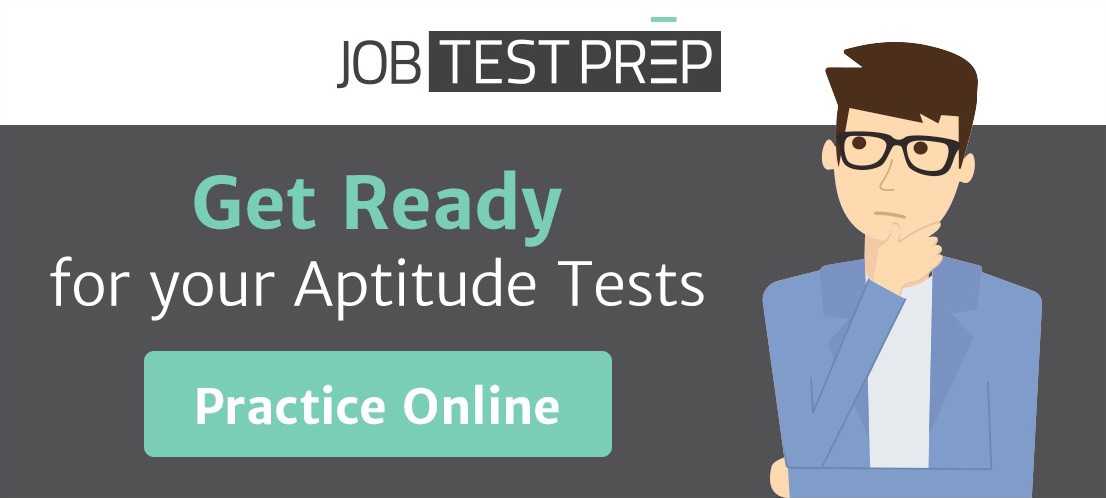

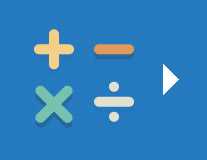







![Predictive Index Tests Fully Explained [With Example Questions + Answers]](https://www.datocms-assets.com/7756/1671731172-predictive-index-tests-none-x2.png?auto=compress%2C%20format%2C%20enhance%2Cformat&fit=crop&w=456)
